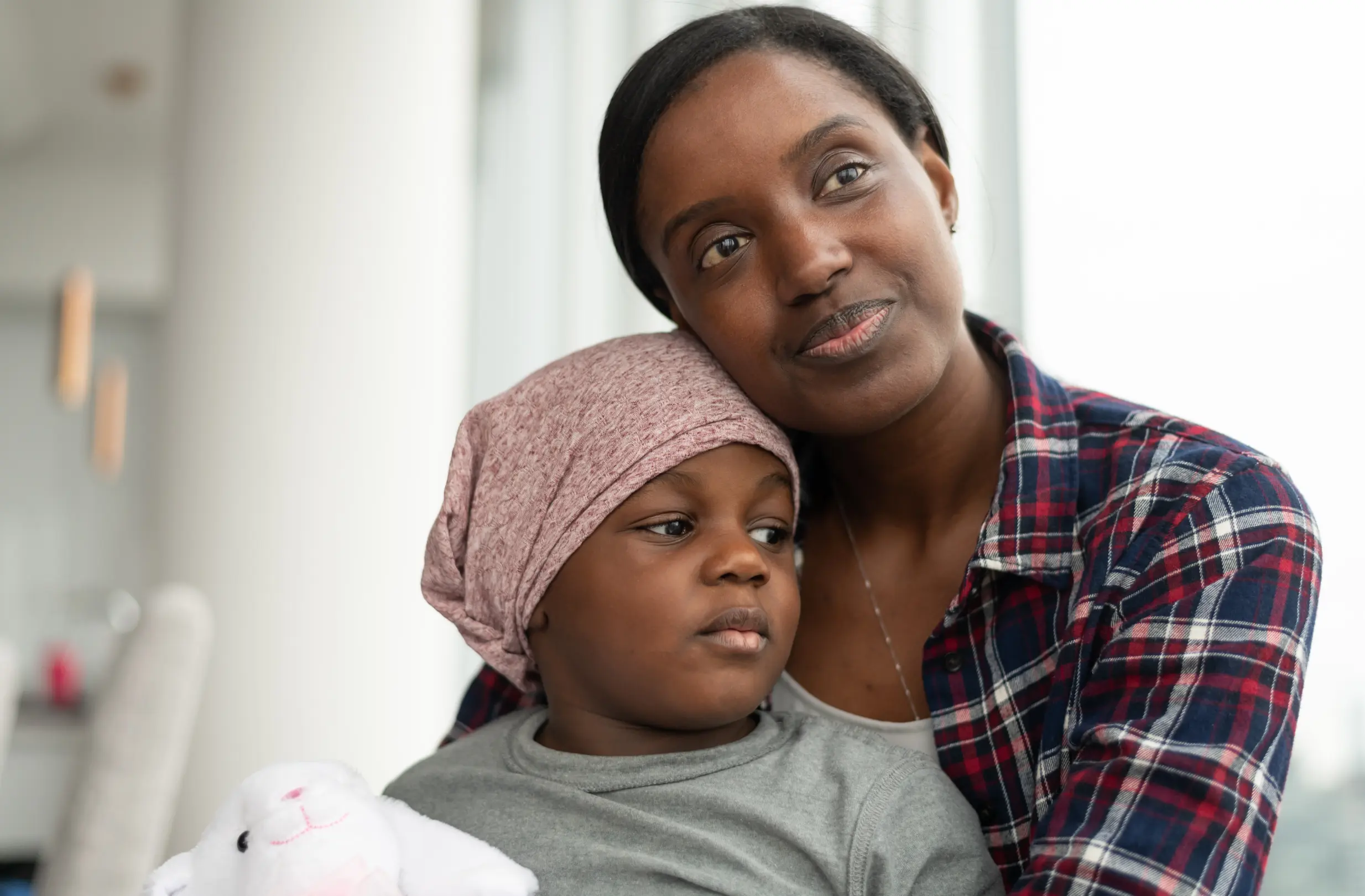Cancer Caregiving 101: Understanding Your Role and Resources
Cancer Caregiving 101: Understanding Your Role and Resources

Cancer treatments have made significant strides in recent years, but the diagnosis of cancer still carries a heavy emotional weight. As September is Blood Cancer Awareness Month, it is a poignant reminder of the many individuals battling various forms of cancer and the caregivers who support them. With approximately 2.8 million cancer caregivers in the United States, understanding the role of a cancer caregiver is crucial for both those new to caregiving and those seeking to enhance their approach.
What is a Cancer Caregiver?
Cancer caregivers play a pivotal role in the care and support of individuals diagnosed with cancer. As a caregiver, you become an essential member of your loved one’s healthcare team, assisting with both physical and emotional needs. Your responsibilities may include:
- Coordinating Care: This involves managing medication schedules, arranging doctor’s appointments, scheduling tests, and handling insurance matters.
- Daily Assistance: Depending on the severity of the illness, you might help with feeding, dressing, bathing, and mobility.
- Communication: You will often need to update the healthcare team about changes in your loved one’s condition and manage treatment side effects.
Your involvement is crucial for the practical aspects of care and for providing emotional support and encouragement throughout the treatment process.
What Does a Cancer Caregiver Do?
The role of a cancer caregiver evolves as your loved one’s needs change throughout their treatment. With many treatments now administered in outpatient settings, caregivers often perform tasks traditionally handled by medical professionals. Key responsibilities include:
- Managing Medical Care: Keeping track of your loved one’s health and coordinating with healthcare providers to adjust treatment as needed.
- Advocating for Your Loved One: Acting as their advocate in medical settings and making informed decisions about treatment options.
- Providing Emotional Support: Offering encouragement and emotional stability, particularly during challenging treatments.
Depending on the course of the illness and treatment, you may also be involved in making end-of-life decisions.
The Dynamics of Family Caregiving
 Caregiving for a family member often stems from a place of love, but a sense of obligation can also drive it. The dynamics of family caregiving can be complex:
Caregiving for a family member often stems from a place of love, but a sense of obligation can also drive it. The dynamics of family caregiving can be complex:
- Family Dynamics: The caregiver role is often taken on by the family member who is most available. This can lead to resentment or imbalance, especially if other family members are not contributing equally.
- Past Relationships: Caregiving can be particularly challenging if there are unresolved issues or strained relationships with the person needing care. It’s important to manage personal feelings and focus on providing compassionate care.
- Managing Expectations: Caregiving may not resolve all past conflicts, but it can offer a sense of fulfillment and peace of mind, knowing you are doing everything possible to support your loved one.
Common Cancer Caregiving Challenges
Being a caregiver for someone with cancer can present several challenges:
- Performing Medical Tasks: You may be required to change dressings or manage medication regimens, which can be daunting without proper training.
- Physical and Emotional Distress: Studies have shown that caregivers for cancer patients report high levels of physical and psychological distress, including depression, anxiety, and burnout.
- Health Issues: The stress of caregiving can lead to physical problems like headaches, digestive issues, and increased susceptibility to illness.
Caregivers may also struggle to communicate with their loved ones. The most effective approach is to listen and offer specific forms of help rather than vague support.
Cancer Caregiving Resources
For those navigating the complexities of cancer caregiving, various resources can offer support and guidance:
- American Cancer Society: Cancer A-Z – Comprehensive information on cancer types, treatments, and caregiving.
- National Cancer Institute: Support for Caregivers of Cancer Patients – Resources and advice for caregivers.
- CancerCare – Offers counseling, support groups, and financial assistance.
- CDC: Advice for Caregivers of Cancer Survivors—Guidelines for maintaining one’s own health while caring for a cancer survivor.
- Help for Cancer Caregivers – Create a self-care guide to help manage your stress.
- Livestrong: Comprehensive Guide for Caregivers – Tips and support for managing caregiving responsibilities.
- Cancer.Net: Tips for Being a Successful Caregiver – Strategies for effective caregiving.
 Cancer caregiving is challenging but deeply rewarding. With the support of available resources and a strong understanding of your responsibilities, you can navigate this journey with confidence. Remember that September, Blood Cancer Awareness Month, reminds you of the critical role caregivers play in the fight against cancer. Whether you’re new to caregiving or seeking to enhance your approach, embracing these strategies and utilizing available support can make a significant difference in your caregiving experience.
Cancer caregiving is challenging but deeply rewarding. With the support of available resources and a strong understanding of your responsibilities, you can navigate this journey with confidence. Remember that September, Blood Cancer Awareness Month, reminds you of the critical role caregivers play in the fight against cancer. Whether you’re new to caregiving or seeking to enhance your approach, embracing these strategies and utilizing available support can make a significant difference in your caregiving experience.



